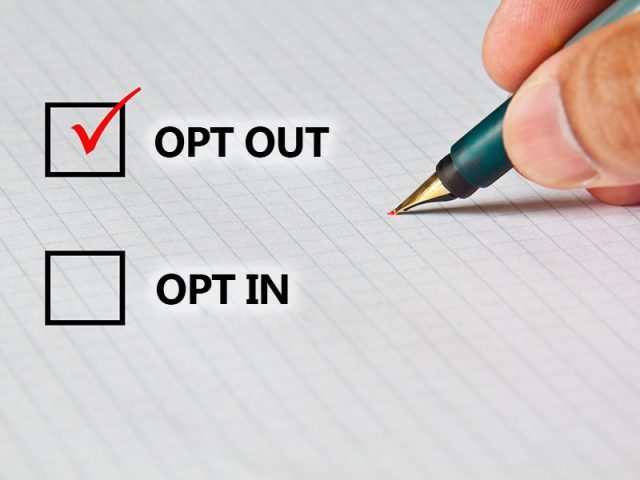From the minute Michigan voters approved legal cannabis, communities around the state began to grapple with a pressing question:
How can we shut it down?
You might not think that’d be the first priority for elected officials in a state whose voters approved the sale and use of recreational marijuana last November by a solid 56-44 percent margin.
Yet when it comes to marijuana, many folks are of two minds: Using or buying it shouldn’t be a crime, but … do you really want a weed shop on your street?
Metro Detroit communities Allen Park, Pontiac, Livonia, Northville, Birmingham, Troy and Grosse Pointe City are among the more than 60 cities and townships around the state that voted to opt out of the marijuana business since recreational use was approved last year.
It’s a pattern that mirrors the aftermath of a successful 2008 ballot proposal that legalized medical marijuana.
Because Detroit was slow to promulgate its own regulations, some 250 medical marijuana dispensaries opened in the city. A 2015 survey by Detroit data firm Loveland found that medical marijuana dispensaries were clustered along the city’s suburban borders, and its major thoroughfares, presumably in proximity to a suburban market that wanted access to medical marijuana without housing the dispensaries themselves.
Detroit struggled to get a handle on the proliferation of medical marijuana dispensaries within its limits. Detroit’s City Council approved an ordinance to license and regulate those businesses in 2017, but a voter referendum that year complicated the process with a lengthy court battle.












